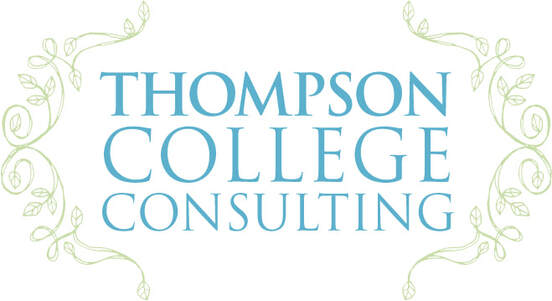|
Before starting to study specific test-taking strategies, be sure to brush up on content. Review math, vocabulary and grammar.
|
Testing, Testing, 1-2-3PSAT, SAT, ACT, AP tests, IB tests, driving tests... High school juniors get tested at every turn. On top of that, colleges are saying this is the most important year, grade-wise. And, by the way, you are captain of your sports team, aren't you?
The pressure junior year is intense. There isn't any getting around that. But, by strategically planning when and how to test, it is possible to take the pressure off. I met with one of my junior families a few days ago (mid-March, as I write this), and I commented on how well they were managing the test cycle. The mother said, “We followed your advice and started early. I can’t thank you enough for helping to take the stress out of this crazy year.” Her daughter took the SAT in January and scored high enough to meet her goals. And, she now has SAT scores to help her identify reach, match and target schools. By prepping for the SAT over the summer and fall, she was able to take the SAT once and be done. People always ask, “What’s the best way to prep for the SAT?” The answer is...it depends! And the answer is the same when it comes to “Should I take the SAT or ACT?” Again, it depends! When I talk to students, I help them sort through the various testing prep options and figure out what will work best for them. Test prep can be expensive (although a motivated student can study on his or her own quite well), and you want to make the most of your time and money. Here are a few tips and definitions to get you started:PSAT – taken in October of junior year. It is used to identify National Merit Scholar candidates. High achieving students will want to start prepping for the SAT in the summer before junior year in order to do their best on the PSAT.
SAT vs. ACT – colleges don’t care which one you take. It can be very useful to take a practice test under timed, test conditions for each one before deciding which one to focus on. Very elite schools will want to see the ACT with Writing or the SAT. You don’t need both the SAT and ACT. Not every student will need to submit SAT or ACT test scores, as many schools are now test-optional. AP Tests: Here is a link to all the AP Practice Tests released from the College Board: apstudent.collegeboard.org/apcourse |
|
(206) 459-8862
[email protected] Teri Thompson is a Certified Educational Planner and a member of the Higher Education Consultants Association. She subscribes to HECA standards of good practice and is an associate member of IECA and professional member of PNACAC. © 2021 Thompson College Consulting |




